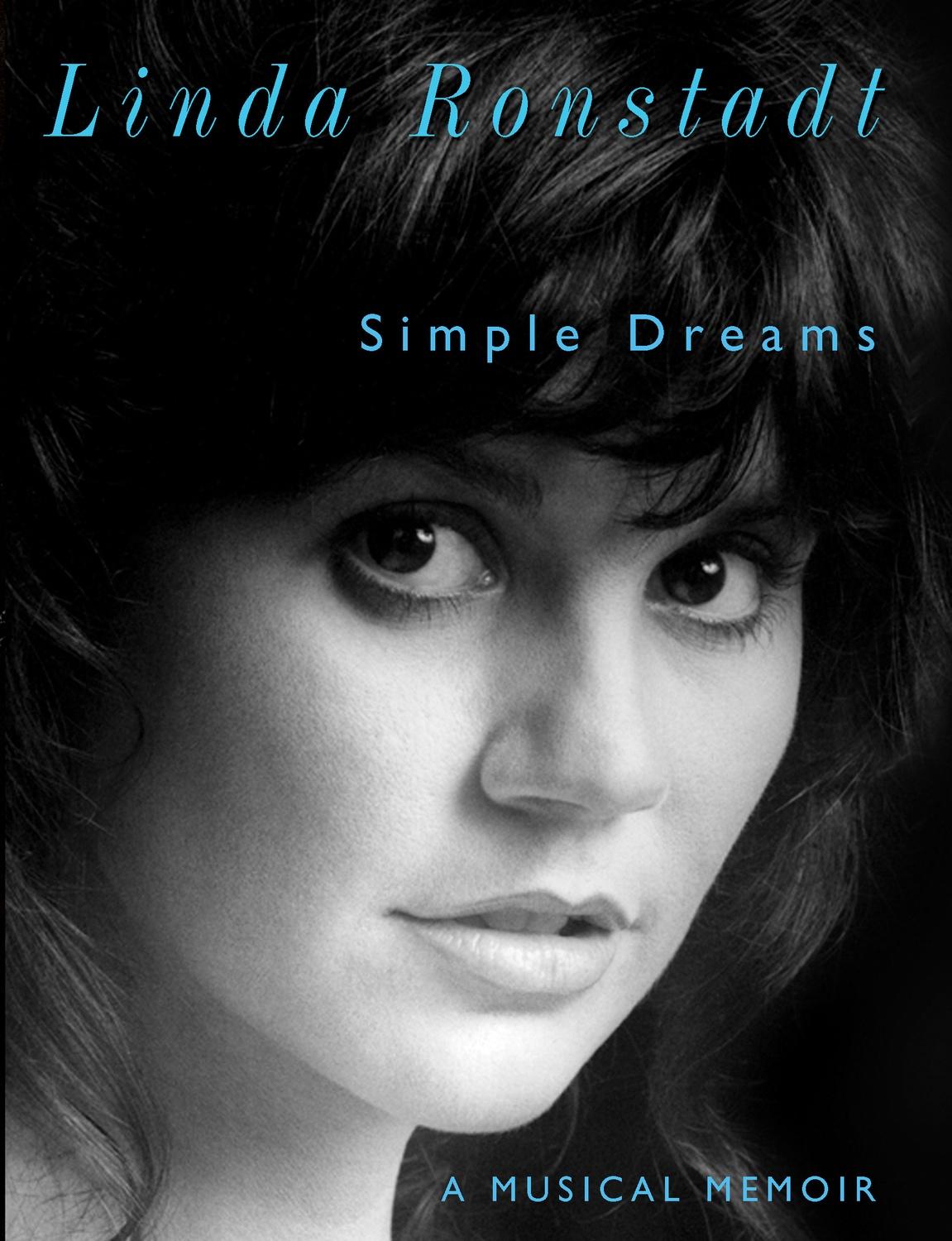Linda Ronstadt’s Curtain Call
Few pop singers have been as successful, as durable, and as wide-ranging as Linda Ronstadt. She was a country-rock ingnue in the late 1960s, a pop mainstay in the 1970s, and then in the ’80s, when she might have gone stale, she sang opera, operetta, mariachi, country and bluegrass harmonies, and standards from the American songbook. She says in a new memoir, Simple Dreams, that she heard all those sounds as a child growing up in a musical, bilingual family in Arizona. “A lot of the songs that I’d heard when I was a child I thought were better songs than some of the mainstream pop things that I was getting,” she tells Kurt Andersen. “I thought they were better. I wanted to do them.”
Ronstadt was uncomfortable with her early stardom, feeling insecure about her voice. “It takes a long time to do anything well. I took about ten years to learn how to sing … Until after 1980 was when I really got going.” She explains how she overcame her jealousy of Emmylou Harris, who was doing what Ronstadt herself wanted to do.
Last month Ronstadt announced that Parkinson’s disease had made it too difficult to continue singing. “There’s a guy sitting in your brain making a phone call to the muscles saying ‘Move in this certain exquisite way.’ I can’t get to the note — it’s like taking the elevator, you push 9 and it goes to 13.” Ronstadt has few regrets about her career, but “I wish I could have sung Kurt Weill until it came out my ears”, she says. “I love songs from The Threepenny Opera. I love ‘Mahagonny,’ I love ‘September Song.’ God, I want to sing ‘September Song’ — but I can’t sing.”
Linda Ronstadt’s 3 for 360

